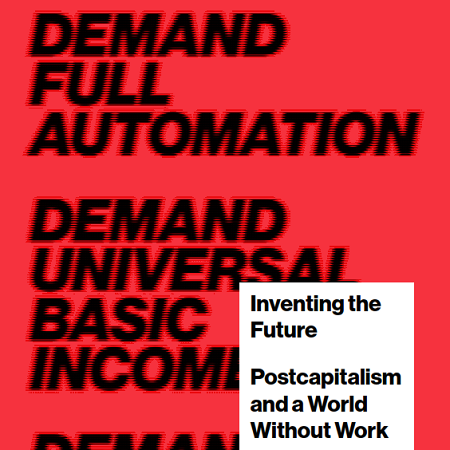Twenty-four hours before universities closed for the Easter break, the heads of twelve international research projects received a letter from the funding super-council UKRI, instructing them to either cease activity altogether or make do on just one third of scheduled monies for 2021-22. The twelve ‘Hubs’, as they are known, work on everything from water security to child nutrition, trade to gender, oceans to slums. Supported by the Global Challenges Research Fund (GCRF) and each lasting five years, they provided over a thousand jobs across the UK and as many as eighty-five other countries. The Hubs were required to accept the terms and return details of their contortions – paying due heed to “equality, diversity and inclusion”, natch – within three and a half weeks, national holidays included. In this they faced the same ultimatum as a catalogue of other projects of varying scales and aims financed by GCRF or the Newton Fund, collectively deprived of hundreds of millions of pounds in one fell blow. The year’s settlement is almost £300 million less than UKRI had spent in 2020-21 and £120 million less than what was needed just to meet existing promises, a crisis triggered by the government’s reduction of development aid to 0.5% of GDP, adding gratuitous policy fuel to the economic fire of the pandemic.
The Chancellor of the Exchequer explained that austerity ultimately served the end of “doing aid better”, a near-hallucinogenic level of gaslighting atop the material harm.[1] The direction to ‘reprofile’ demanded such changes at such pace that it may be understood as a starvation tactic, leaving at least some projects with no option but to fold with immediate effect. Compounding the shock, Hubs are forbidden to spend any more than the fraction of what they were due, even where they hold more in reserves.[2] It hardly needs demonstrating that a spasm of this intensity inflicts immediate damage to livelihoods, partnerships and careers. Early career researchers facing redundancy, contracts broken, a year of pent-up plans rendered useless, trust squandered. Some of the ramifications are absurd: because they had been instructed to continue as planned, despite the pandemic and even after Foreign Secretary Dominic Raab announced the headline aid cuts in November last year, Hubs had organised fieldwork, rescheduled conferences, advertised jobs and appointed staff, in some cases reviewing and awarding hundreds of thousands of pounds to new projects only to pull the plug mere days after notifying applicants. Callousness piled upon wastefulness, as when an expert in water management moved countries with a young family only to learnt of the cuts in their first week on the job. The damage is unequally distributed: many if not most GCRF posts are in the global south, along with their most immediate beneficiaries, where resources to absorb the damage are in shortest supply.
Condemnations and appeals for clemency have flowed from all directions: the Lords Science and Technology Committee, the Royal Society, UKRI’s own independent advisors (a number of them now resigned in protest), the last British governor of Hong Kong, the Development Studies Association, the Academy of Europe, the Royal College of Pediatrics, Bob Geldof. On paper, UKRI forecasts that all Hubs will eventually receive the full funds pledged, provided they can survive a few years of purgatory. But there are suspicions that GCRF money may not return even when development aid does (and it may never). It is rumoured that the Department for Business, Energy and Industrial Strategy sees past funding decisions as excessively oriented towards ‘development’ over ‘science’ (not the greatest crime for projects funded by development aid, even if you accept the hard distinction between science and development research, which you shouldn’t). What was at first explained as a cashflow bottleneck becomes an accusation of deficiency, a problem located somewhere in the intellectual mission itself. Research England chief David Sweeney counsels that researchers must prove their utility to the nation and “build their case” anew. Gone are the days of the research grant as “charitable donation”. A charitable donation! The rebuke is more than an insult; it mangles the recent history of UK aid and exposes, if inadvertently, the fault-lines of the new national mission.
Continue reading



